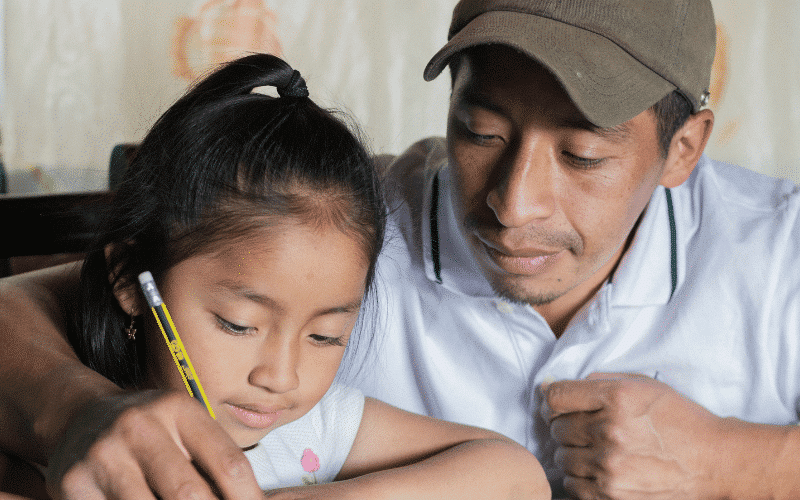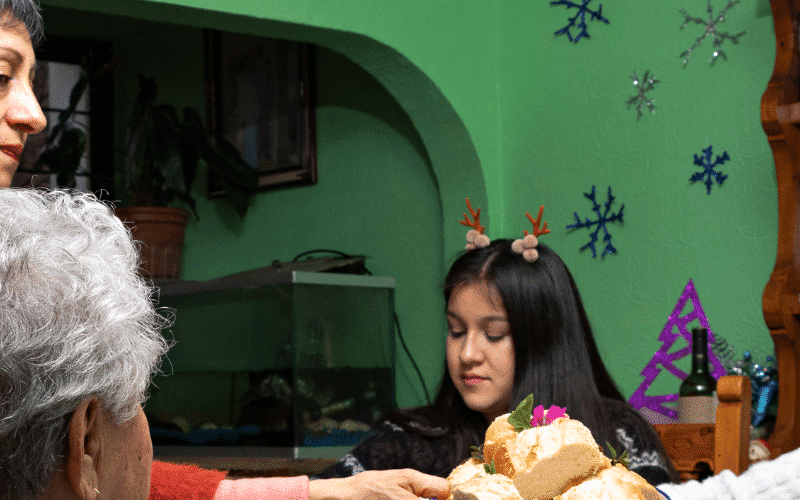Can Latino Fathers Confront the Legacy of Machismo and Redefine Masculinity?
For generations, machismo has defined masculinity, but an increasing number of Latino men are doing the inner work of challenging traditional notions of masculinity with the guidance of organizations and advocacy groups dedicated to unlearning machismo.










